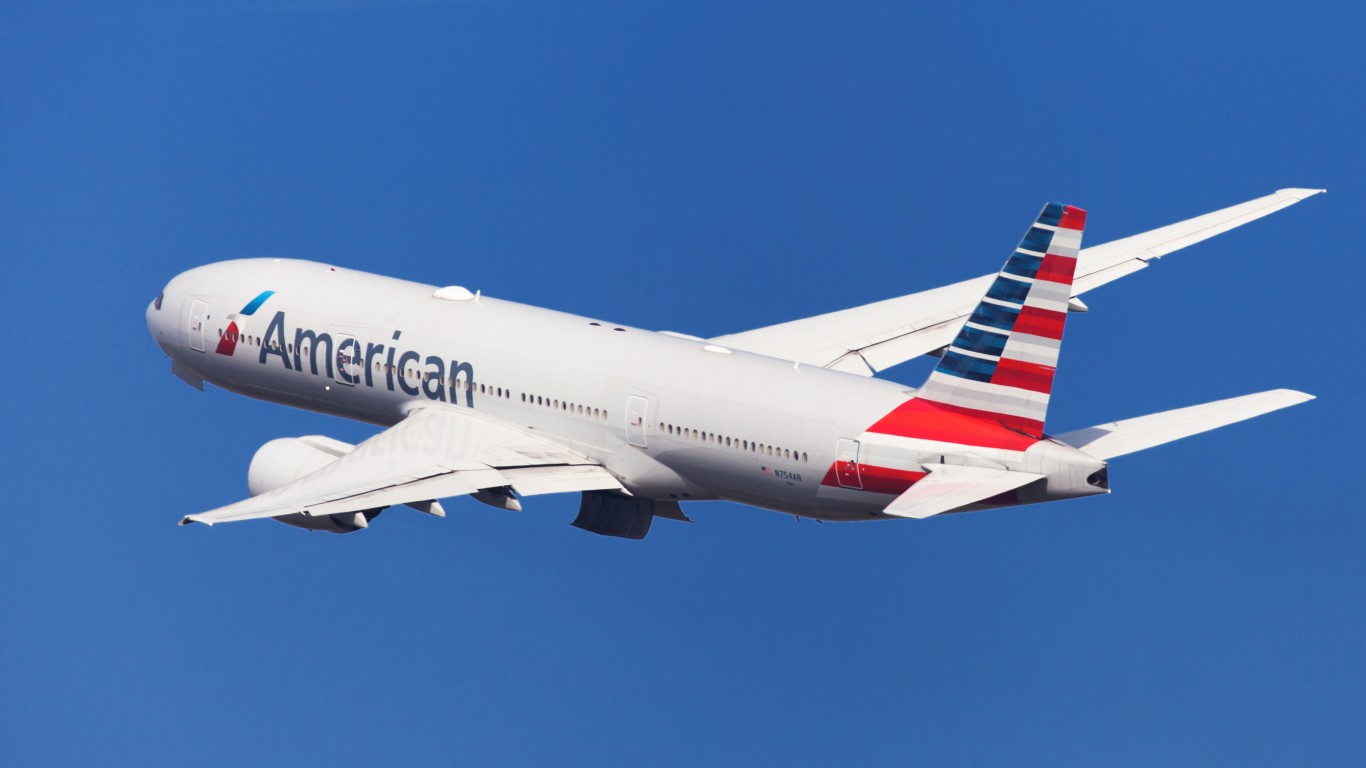
24/7 Wall Street Insights
- Boeing’s problems are not limited to its 737 MAX jets; it recently needed to once again cancel its maiden manned space launch for a 5th time.
- The FAA has stepped up its QC requirements for Boeing in the wake of repeated technical issues putting flights in peril.
- For investors seeking dividends, click here for a free report on two high dividend stocks.
3…2…1…Stand Down!
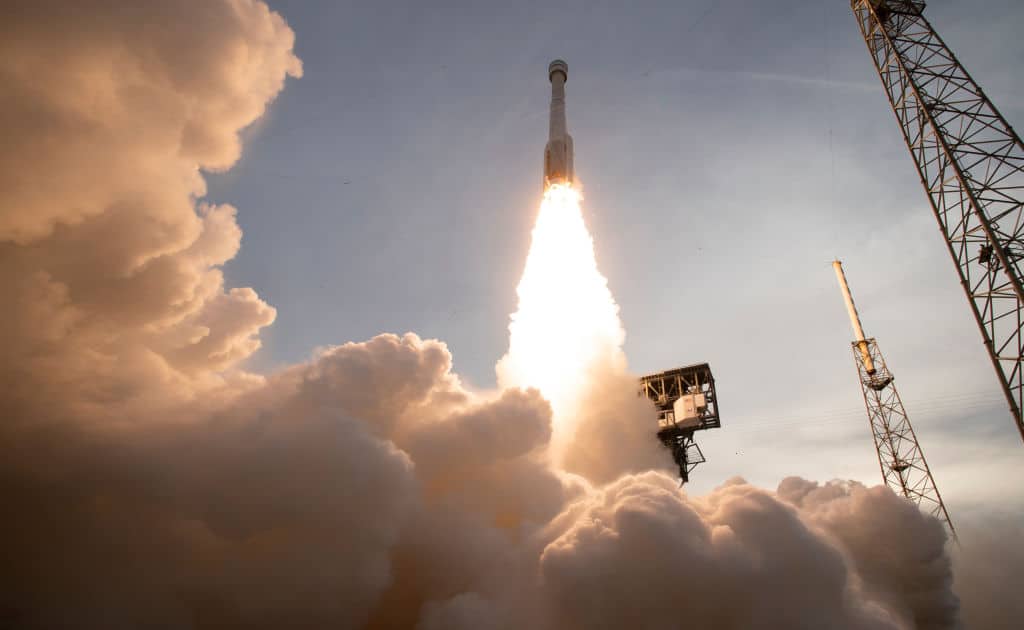
At the time of this writing, the maiden space launch of Boeing’s 2-man Starliner was called off again. The Starliner project is especially important to NASA. US astronauts have not been sent into space for any satellite or SpaceX related work since 2011. For the past 13 years, American astronauts have needed rides from Russian spaceships. Past failed Starliner efforts dating back several years were blamed on a host of mechanical and computer related failings, such as:
- Parachute issues
- Software problems
- A helium leak in the propulsion system
- Rocket valve problems
- Fuel valve problems
This marks yet another setback for Boeing, a premier US aerospace and defense company, and Dow Jones Average member stock since 1987. It also bodes ill for the stock, which has already been rocked by news concerning technical issues plaguing its 737 MAX jetliners, and sent the price plummeting nearly 100 points since the start of May, 2024.
737 MAX: State of the Art or Flying Deathtrap?
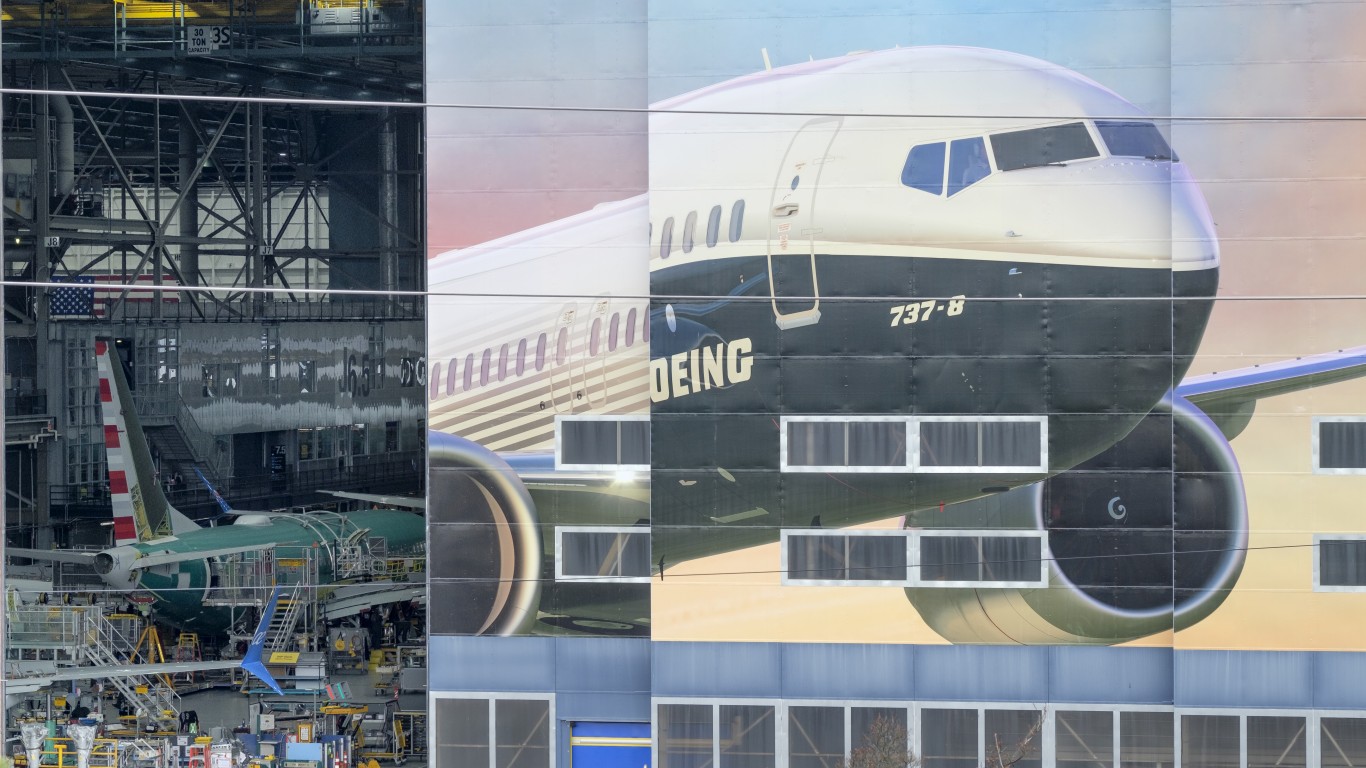
Many point to January 2024’s Alaska Airlines’ Flight 1282 mid-flight emergency door plug blowout incident as the start of Boeing’s problems, since it marks when the stock started plummeting from its $264 per share price. An FAA inspection identified no less than 9 quality control issues that contributed to the door’s blowout at 16,000 feet.
In February 2024, Boeing discovered misdrilled fuselage holes in 50 undelivered 737 MAX planes, which triggered a firing of the head of the MAX program. Concurrently, a $1 billion lawsuit was filed against Boeing by three Alaska Airlines Flight 1282 passengers.
In March 2024, the National Transportation Safety Board (NTSB) launched an investigation after additional dangerous 737 malfunctions from United Airlines’ fleet were reported, including:
- “Stuck” rudder pedals from a Boeing 737-8;
- A missing panel on a 737-800;
- Engines catching on fire and a lost tire post takeoff from other Boeing aircraft.
The Plot Thickens….
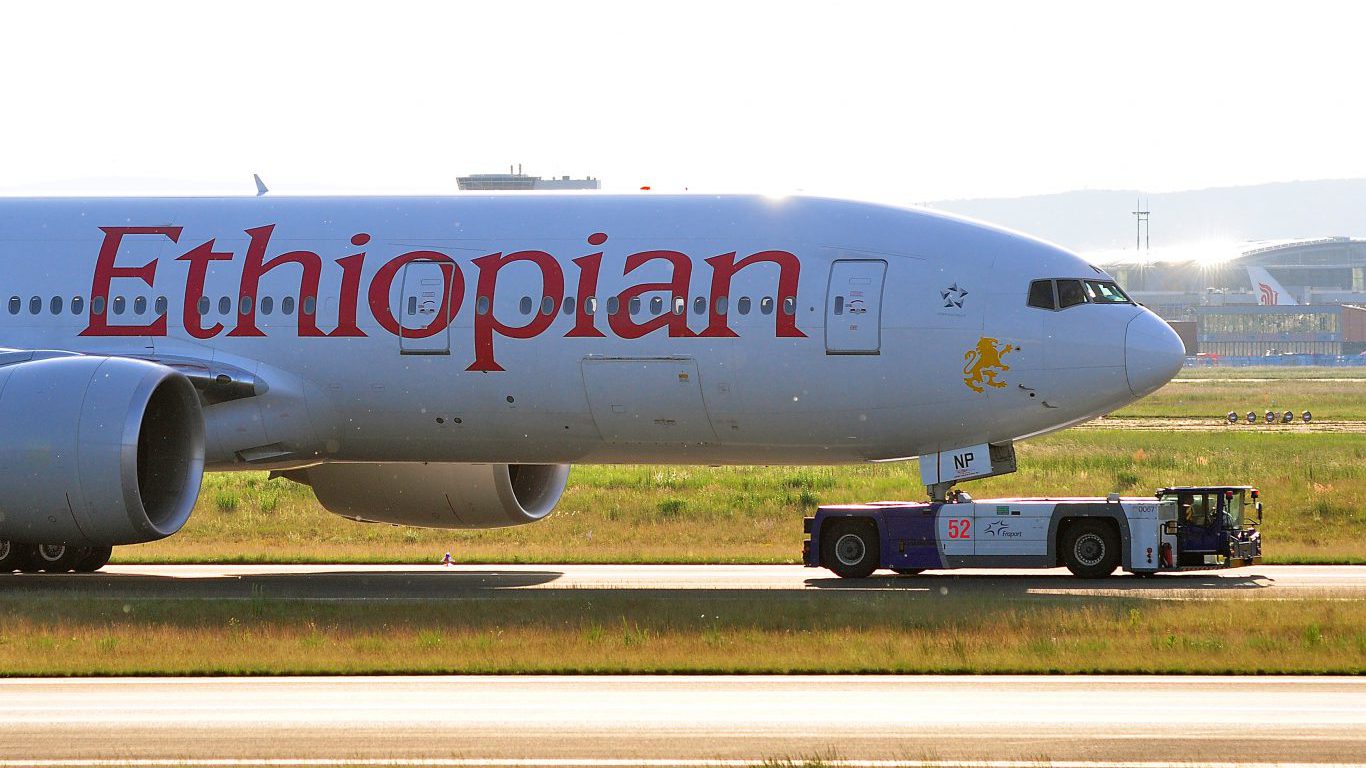
Damaging information about Boeing’s acknowledgement and inaction about the 737 MAX problems have since come to the surface. As it turns out, Alaska Airlines was only the first US airline problem.
In 2018, a Lion Air Boeing 737 MAX 8 crashed in Indonesia, followed by a 2019 Ethiopian Air crash in Kenya, killing a combined total of 346 victims. Boeing pledged $100 million to the victims’ families to settle the matter.
In the aftermath of the Alaska Airlines Flight 1282 incident, the NTSB sent a letter to the Senate oversight committee on Commerce, Science and Transportation that Boeing had recorded over its video footage of the door plug repairs for Alaska Airlines’ deficient 737-9 MAX.
When It Rains, It Pours
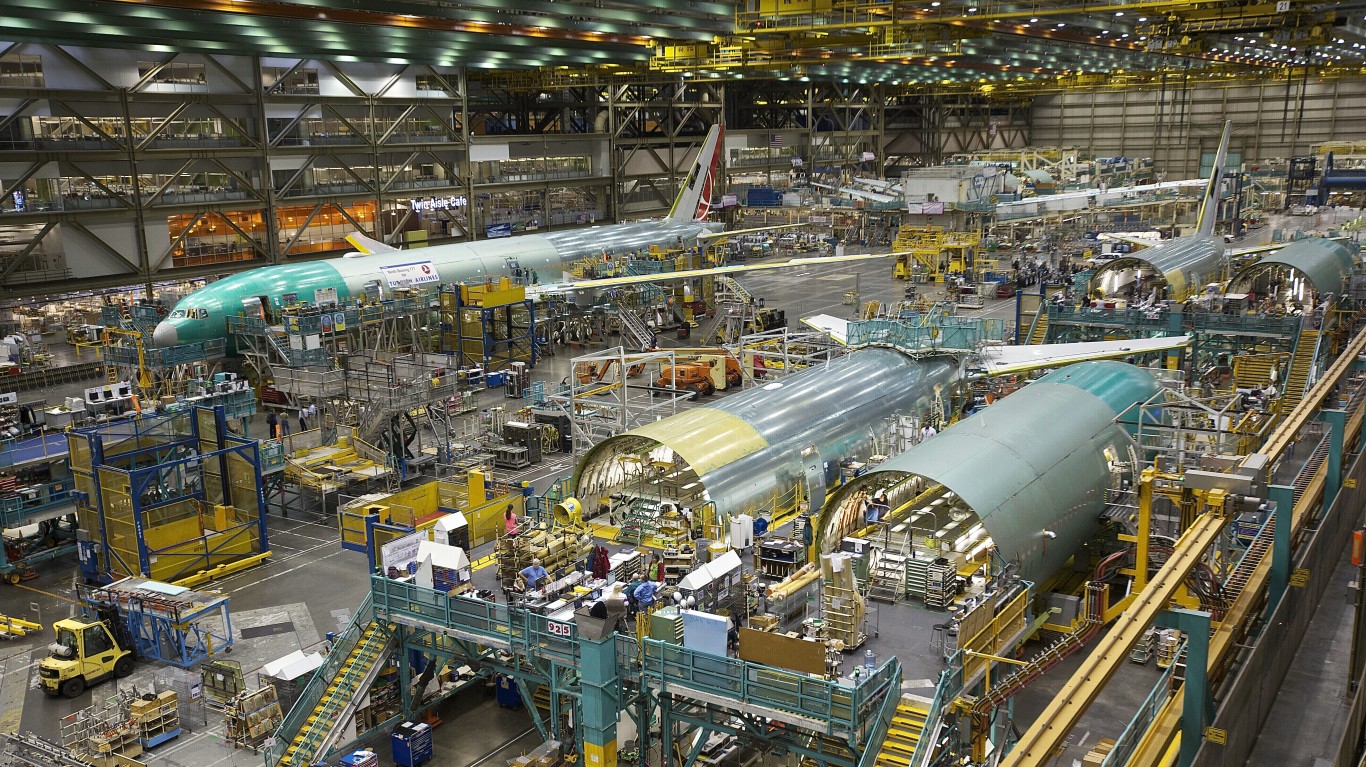
If Boeing’s 737 MAX woes were not enough, the FAA discovered an electrical fault with Boeing 777 aircraft that, if left unaddressed, could cause fuel tanks on the planes’ wings to catch fire and explode. This serious problem could impact as many as 300 planes, with a large percentage owned by Emirates, American, and United Airlines all at potential risk.
Additionally, the families from the Lion Air and Ethiopian Air crashes are now lobbying the Justice Department to file criminal fraud charges against Boeing, in the wake of the 2024 Alaska Airlines incident. Apparently, Boeing had paid Lion Air and Ethiopian Air $2.5 billion in 2021 to avoid prosecution with future assurances of 737 MAX aircraft safety, claiming the crashes were a result of insufficient pilot training. The Alaska Airlines door plug blowout debunked that assertion, and the families now want the fraud charges filed.
Treading Lightly Going Forward
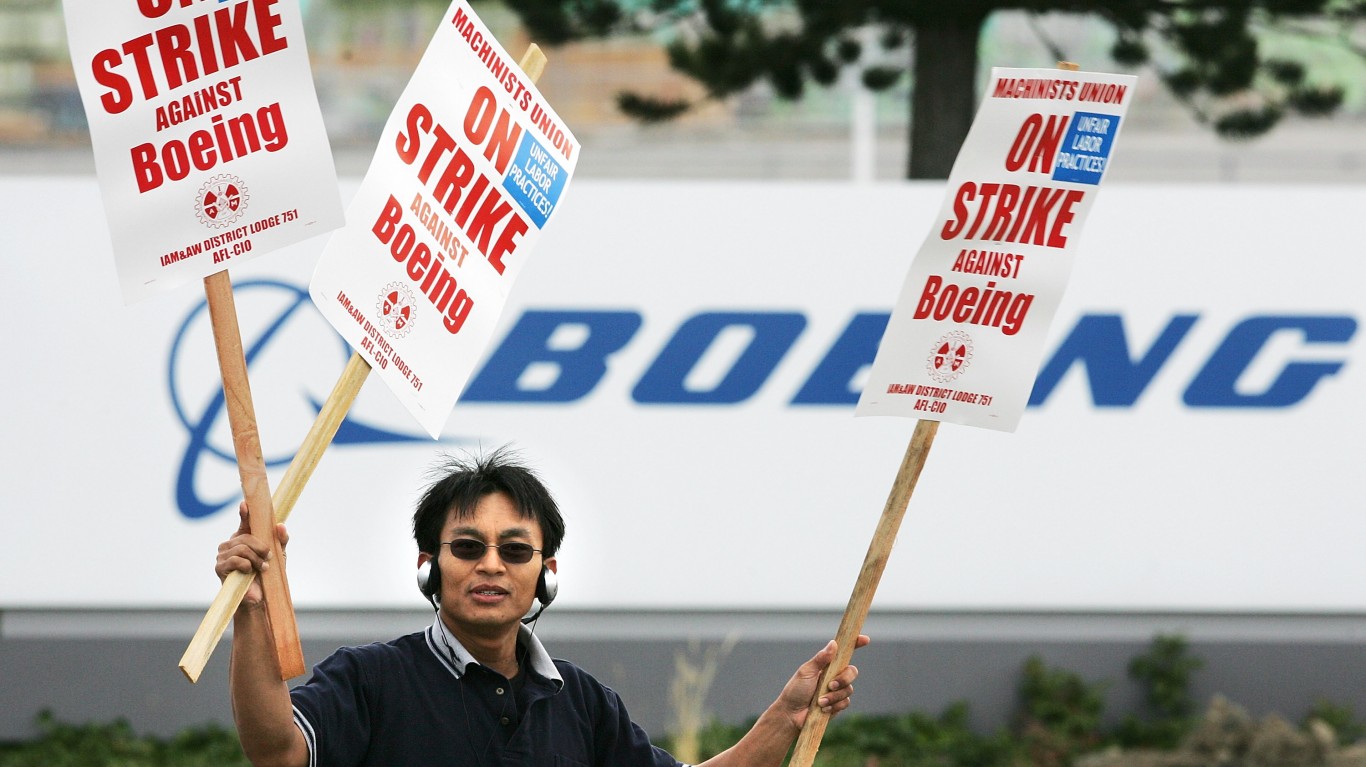
Boeing CFO Brian West recently spoke at the Wolfe Research Global Transportation & Industrials Conference, and he was forced to backtrack analyst guidance given in April, citing near term larger cash outflows, delays on remaining 2024 plane deliveries, and near term losses for the Boeing Defense, Space & Security (BDS) division. Another potential Boeing earnings dampener is the latest machinists union (IAM) negotiations. The 58-day 2008 strike led to an agreeable contract, but subsequent hardball tactics from Boeing management have sown rancor among the ranks.
Add to this the latest Starliner space launch mishap, and Boeing’s near term prospects are not especially promising. Past 24/7 Wall Street articles on Boeing have been from a long view perspective. Although contrarians will often assert that the time to get in is when the news is at its worst, some prudent patience might be advisable. Given the recent legal and regulatory announcements, another shoe may still have yet to fall for Boeing.
Get Ready To Retire (Sponsored)
Start by taking a quick retirement quiz from SmartAsset that will match you with up to 3 financial advisors that serve your area and beyond in 5 minutes, or less.
Each advisor has been vetted by SmartAsset and is held to a fiduciary standard to act in your best interests.
Here’s how it works:
1. Answer SmartAsset advisor match quiz
2. Review your pre-screened matches at your leisure. Check out the advisors’ profiles.
3. Speak with advisors at no cost to you. Have an introductory call on the phone or introduction in person and choose whom to work with in the future
Thank you for reading! Have some feedback for us?
Contact the 24/7 Wall St. editorial team.





